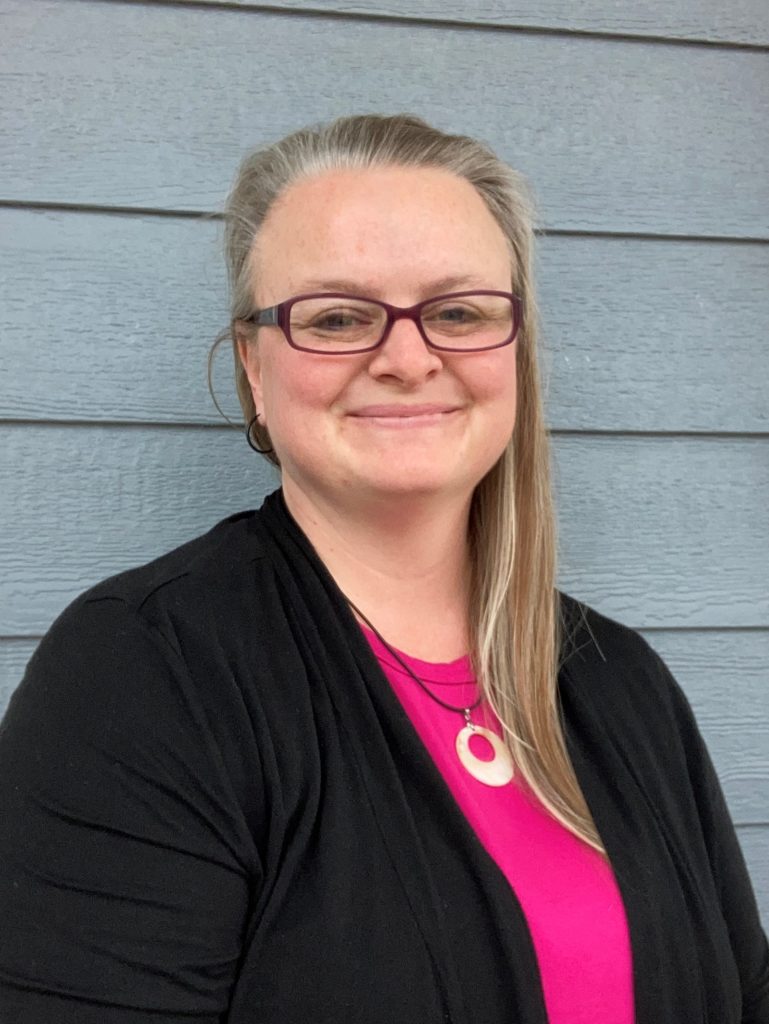Guest Blogger: Melanie Nichols

This March, we are sharing a special series of blog posts from Melanie Nichols. This series was originally posted in February 2021. You can find Melanie and her blog here. If you would like to submit to our blog, please email us.
Many of us innately understand the importance of trust in relationships, particularly in the relationships we have with a spouse or a good friend. According to an article in Forbes (link below), trust is the aspect of all relationships that allows “people to live and work together, feel safe, and belong to a group.” Trust is crucial not only to relationships with our adult peers but also to our relationships with our children. When we evaluate the idea of trust through the lens of a parent or educator, many of us recognize the need for our children to trust us. Ideally, children trust the adults in their lives to provide for their physiological needs and their safety, as well as trusting them to be kind, fair, and loving. Sometimes, perhaps through no fault of ours, this trust between children and adults is broken. The most important step we can take to build a relationship with our kids is to be intentional in our efforts to gain and keep their trust.
Trust is a two-way street. As parents and educators, not only do we need to be trustworthy, but we also need to be willing to trust our children. The idea of trusting our children can be challenging to accept. After all, we’ve been through childhood already and only want what is best for them! But if we are not careful, our good intentions can stand in the way of who our children are meant to be. Trusting our kids also demands our vulnerability and our courage.
An article on bonnieharris.com (link below) points out that our kids will “resist with all their might when they think we are against them—when we criticize, blame, threaten, lecture.” Instead, our children need our guidance and leadership. They need us to make the big decisions they should not be expected to make, to be willing to set and reinforce firm and fair boundaries, and to be intentional about getting to know them as a unique individual. Our kids need us to help them make amends and learn how to rebuild trust when it is broken. An article on brili.com (link below) discusses these and other ways to show our kids that we trust them.
Perhaps most importantly, our kids need us to be consistent examples of someone who is both trustworthy and willing to trust.
Bonnie Harris – Trust Children
Brili – How to trust your kids

Recent Comments